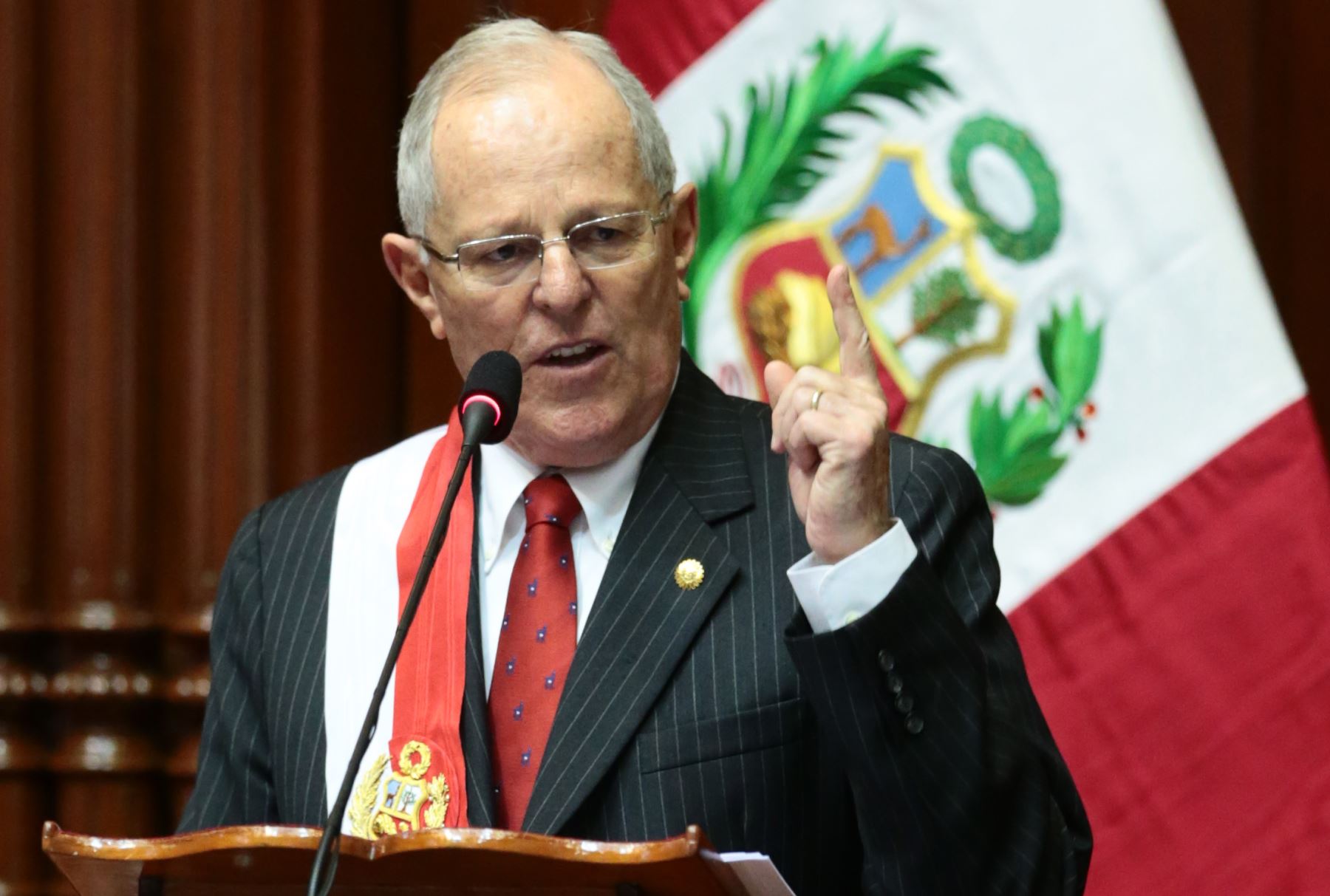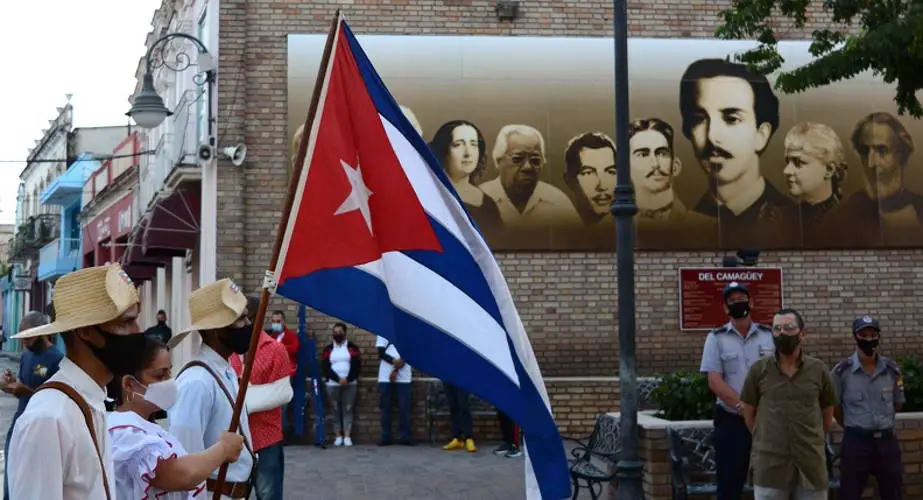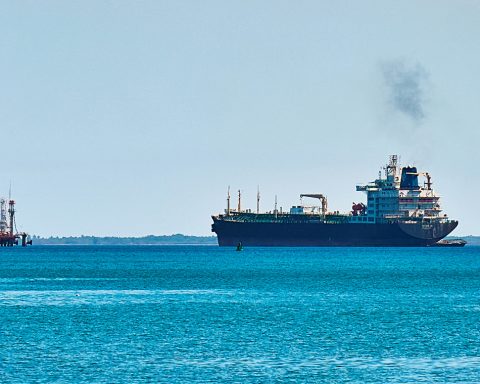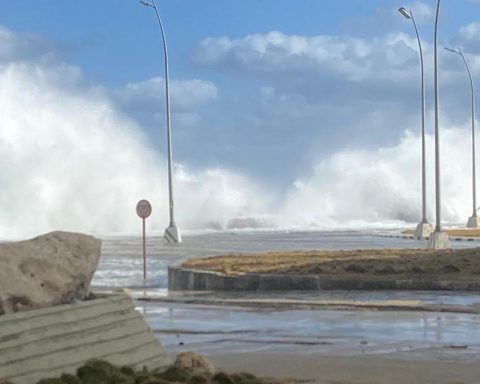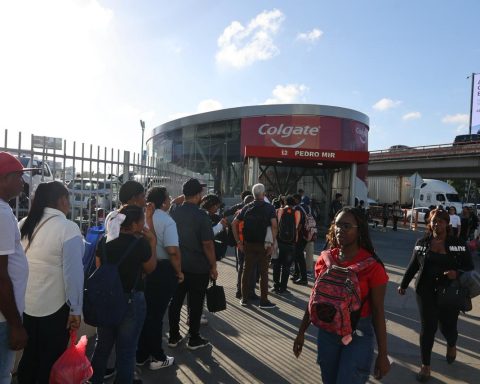President Alberto Fernández acknowledged that the price increase is a “very difficult to handle” problem.
Argentina once again registered high inflation in April, with 8.4% and an accumulated year-on-year rate of 108.8%, the highest since 1991 (115%) and one of the highest worldwide.
As reported this Friday by the National Institute of Statistics and Censuses (Indec), the Consumer Price Index (CPI) indicated that the items that most affected the price increase were
In March, the South American country reported an inflation of 7.7% and 104.3%, until then the maximum peak of the last three decades.
The items that had the highest incidence in the CPI for April were ‘clothing and footwear’ (10.8%), ‘food and non-alcoholic beverages’ (10.1%) and ‘restaurants and hotels’ (9.9% .
After knowing the inflation data for March, the spokesperson for the Presidency, Gabriela Cerruti, had indicated that “the worst moment” had been experienced, and she was confident that “a downward trend” would begin that the Government hoped to see reflected soon.
“Psychological inflation”
“We have a very serious problem with inflation, too hard to handle“, President Alberto Fernández acknowledged in the morning in an interview with radius 10.
#DataINDEC
Consumer prices (#CPI) increased 8.4% in April 2023 compared to March and 108.8% year-on-year. They accumulated an increase of 32% in the first quarter https://t.co/8cmauqFqmf pic.twitter.com/gv9uYAy2Sv— INDEC Argentina (@INDECArgentina) May 12, 2023
The president affirmed that on Thursday night he held a dialogue with the Minister of Economy, Sergio Massa, in which he proposed to draw up “a definite goal to stop this”.
Regarding the causes that determine the price increase, he assured that there are “many”, among which he mentioned “the speculation” generated by those who anticipate “a devaluation”, and the go up of the parallel or ‘blue’ dollar, which causes many retailers to increase prices “just in case”.
For the president, that is what the “psychological inflation” he mentioned the previous month and for which many “criticized” him is about.
“We had a very serious problem with inflation in April, a run that took the dollar (parallel) to more than five hundred pesos. Within a week, he went up and down and back to the prices he had. But that rise it operates in the head of the Argentines and then the dollar falls and the prices do notFernandez explained.
Causes and effects of an economic drama
To an already high CPI left by the previous government of Mauricio Macri (53.8% in 2019), other factors have been added in recent times such as the coronavirus pandemic, the conflict in Ukraine and a drought historic in Argentina, which had a direct impact on the price of food.
The constant rise in prices causes a gap between the wages of workers and the cost of living, especially in those unregistered employees, who usually do not have income updates through union negotiations with the business chambers.
This rate of increase in food directly impacts the levels of poverty (39.2%) and homelessness (8.1%)given that these sectors of the population are the ones that allocate a greater portion of their income to buy daily food.
